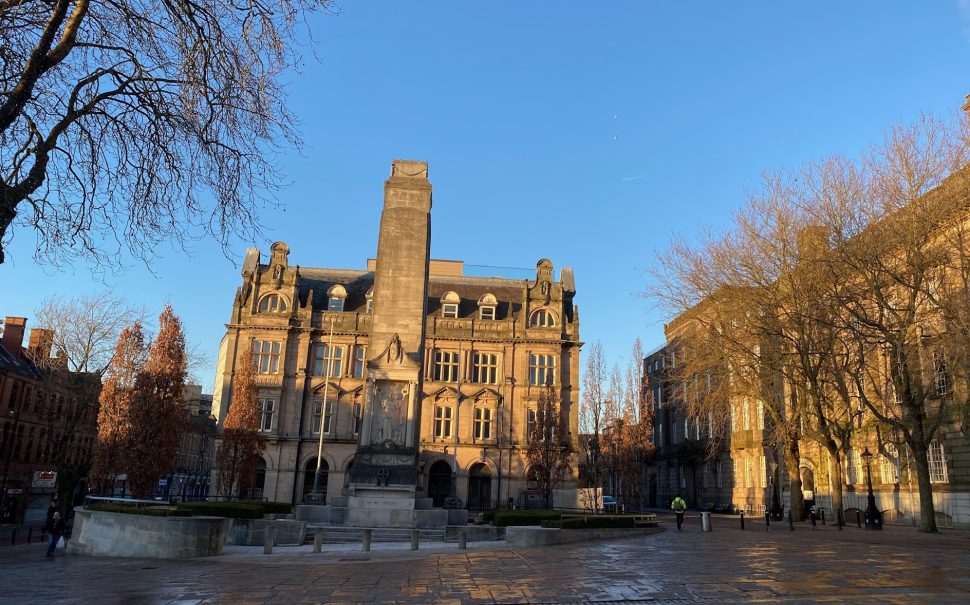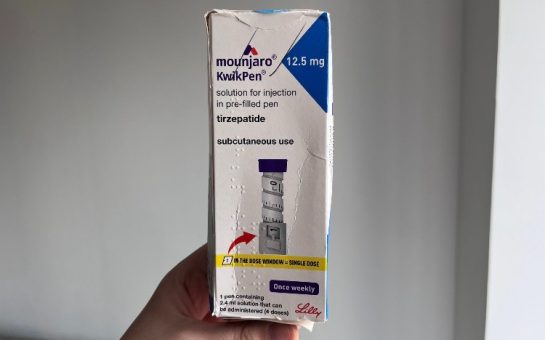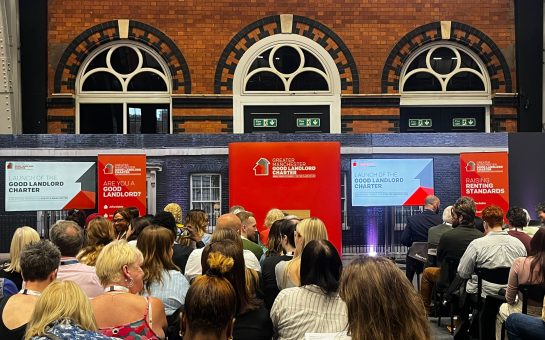After months of formal discussions and years of contemplation, a devolution deal for Lancashire has finally been announced.
Central government, Lancashire County Council, Blackpool Council, and Blackburn with Darwen Council agreed on the details of a ‘level 2,’ metro mayor-less devolution deal for Lancashire, and government announced the deal on 22 November 2023.
If this hasn’t got your blood racing, there is in fact drama in this story. The road to securing this devolution settlement was long and fractious. Some of it resembled a tame soap opera.
Some of it resembles a tame soap opera. The policy paper might be published, but it’s not over yet.
But what do these terms mean? A few definitions would be helpful.
What is devolution?
Devolution is when powers are transferred from central government in Westminster to new regional authorities, called ‘combined authorities.’ Greater Manchester, Merseyside and the West Midlands are among 10 regions in the UK with combined authorities.
Combined authorities are made up of representatives from all the ‘upper tier’ local authority. An upper tier local authority is a county or city council, such as Lancashire County Council, or Manchester City Council.
In Lancashire, there are three upper tier councils. Blackpool Council and Blackburn with Darwen Council provide all council services in their areas.
Lancashire County Council is the third upper tier council. It provides some council services to the rest of Lancashire.
Twelve other Lancashire councils are ‘lower tier’ councils. They cover smaller areas in Lancashire, and provide the services Lancashire County Council does not.
What is a soap opera?
“A series about the lives and problems of a particular group… [continuing] over a long period” — Cambridge Dictionary.
Got it? With such a complex and seemingly arbitrary system, it is no wonder I was met with bemusement when I asked people on the streets of Preston what they thought of the deal.
Worse still, the deal has been mutedly received by councils, too.
Let us travel through a timeline of Lancashire devolution, with the much needed help of an infographic.

Key events leading up to the devolution deal
December 2015
The report of Governance Review into a combined authority for Lancashire was published, which argued “a Combined Authority offers the strongest governance model to attract freedoms and flexibilities”.
Summer 2016
Fourteen of Lancashire’s 15 councils formed a shadow combined authority, sending a formal request to form a combined authority. Wyre Council refused to take part, and by February 2017 Fylde Council threatened to pull out.
23 November 2017: Talks collapse
In the soap opera of Lancashire devolution, 23 November 2017 would have been a Christmas Day special.
Wyre Council, a Conservative-led council then and now, had pulled out of talks early. As such, they missed out on what must have been a meeting full of drama.
“Lancashire Combined Authority as presently constituted is now well and truely[sic] dead” reads the headline of the Ribble Valley Conservative Association’s account of the combined authority meeting.
Their report tells how three council leaders “walked out” of the meeting. One of those leaders was Ken Hind, of Ribble Valley Borough Council.
He said: “There was no debate allowed by the chairman.
“Those who rejected the current arrangements for the Combined Authority were asked to leave, which we did.”
Technically, to leave after being asked one must walk, so perhaps both accounts are correct.
Fylde Council’s leader also walked out after being asked. The third council leader was — dramatic pause — the leader of Lancashire County Council. One of three councils involved with and endorsing the current devolution plan.
Wyre Borough Council, who had never agreed to take part in devolution talks, “indicated by email that they were not willing to take part.” A council that knows its mind.
June 2018: Lancashire Leaders
This time, Wyre Borough Council decided to join the re-started devolution talks, while Fylde Council pulled out.
Councils that can change their mind.
Talks continue off-and-on for years, until…
July 2021: Boris Johnson
The then Prime Minister gave a speech in which he promised ‘County Deals’ — devolution deals which ‘will not be one size fits all,’ and would take ‘a more flexible approach’.
With this in mind, by January 2022, all 15 Lancashire councils had agreed to a devolution proposal.
In February 2022, however, a Levelling Up White Paper was published, mandating that the most comprehensive level 3 deals require a mayor, and that only upper-tier councils can sit in combined authorities.
Councillor Alistair Bradley, leader of Chorley Council, told the Local Democracy Reporting Service: “What changed?
“It’s classic civil service and central government, saying: ‘We’re going to devolve power to you, but we’re going to tell you how to do it.’ It’s oxymoronic – devolution with strings.”
May 2023
Lancashire’s upper-tier authorities — Lancashire County Council, Blackpool Council, and Blackburn with Darwen Council — enter devolution discussions with central government alone.
This Eastenders style ‘betrayal’ brings us to the present day.
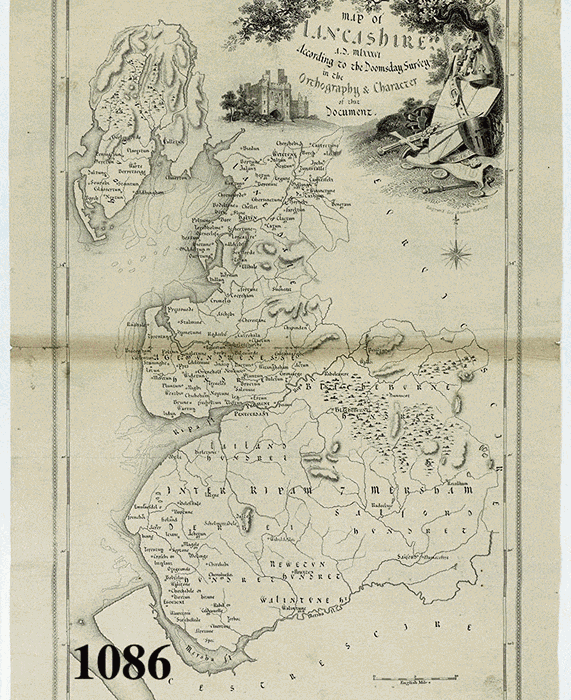
22 November 2023: Publication
The three ‘upper-tier’ councils included in discussions with the Department for Levelling Up enthusiastically welcomed the plans.
24 November 2023: Letter-writing
Two days later, eight of Lancashire’s 12 lower tier councils write to Levelling Up Minister Jacob Young MP to ask for a “pause and review” of the devolution deal.
26 November 2023: Deal signing
In the imposing Lancaster Castle, whose courtrooms saw witches sentenced to death and prisons held martyrs, Levelling Up Minister Jacob Young MP signed the deal, alongside the leaders of the three upper tier councils.
The Lancashire Post reported the minister signed the document and said: “There we go”.
What does the devolution deal promise?
The devolution deal published in November offers a ‘Level 2’ devolution deal, which does not require a directly elected mayor — something which was always a sticking point in discussions. A Level 2 deal is however less comprehensive than the Level 3 deals secured for the Greater Manchester and other combined authorities.
The policy paper promises the combined authority will have greater powers over adult education, new powers over public transport, and the ability to issue compulsory purchase orders.
Lancashire will be given up to £20million of ‘innovation led growth’ funding, within the current Spending Review period, which runs to 2025.
From the academic year beginning in 2026, the combined authority would have full control over Lancashire’s Adult Education budget, ‘alongside ring-fenced’ funding for vocational training.
Cllr Phil Riley, Leader of Blackburn with Darwen Council said of the deal: “We have made that first step to accessing more funding and using local knowledge to benefit people in Blackburn, Darwen and wider Lancashire.
“Just imagine how much more sense it will make to have transport which operates as one across Lancashire.”
Criticisms of the deal
The fears of Lancashire’s district councils have not been assuaged.
One qualm is with the level of their involvement in the proposed combined authority.
Another is with the scope and comprehensiveness of the deal. Cllr Matthew Brown, the leader of Preston City Council, had some choice words when he spoke to Mancunian Matters:
“We don’t need to skirt around the edges, we need big changes. We need people to be levelled up genuinely.
“Preston’s frustration is really about the lack of ambition in terms of policy and resource.
“So this will be dressed up in a way that it’s going to be fantastic and the best thing since sliced bread, but if you actually look at the detail and compare it to other [deals], it’s very disappointing.”
The leader of the Labour opposition in Lancashire County Council, Cllr Azhar Ali, argued that a Level 3 devolution deal — with a mayor — ought to be sought.
He said: “We can’t compete, [with other combined authorities].
“We’re not in the fast lane, we haven’t even got out of the pit lane.”
Why is the deal so contentious?
“I feel that Preston’s voice hasn’t been listened to in any way, shape or form.
“The Levelling Up white paper means that district councils like ours, a large district, very high in ambition, is excluded from this process.
“Whatever we say in Preston, and I’m sure colleagues, in district authorities, in Central Lancashire especially, will have a similar view, in terms of what we’d like as part of this process tends to just be totally ignored.”
Here Cllr Brown articulates how many lower tier councils felt excluded from the devolution discussion process.
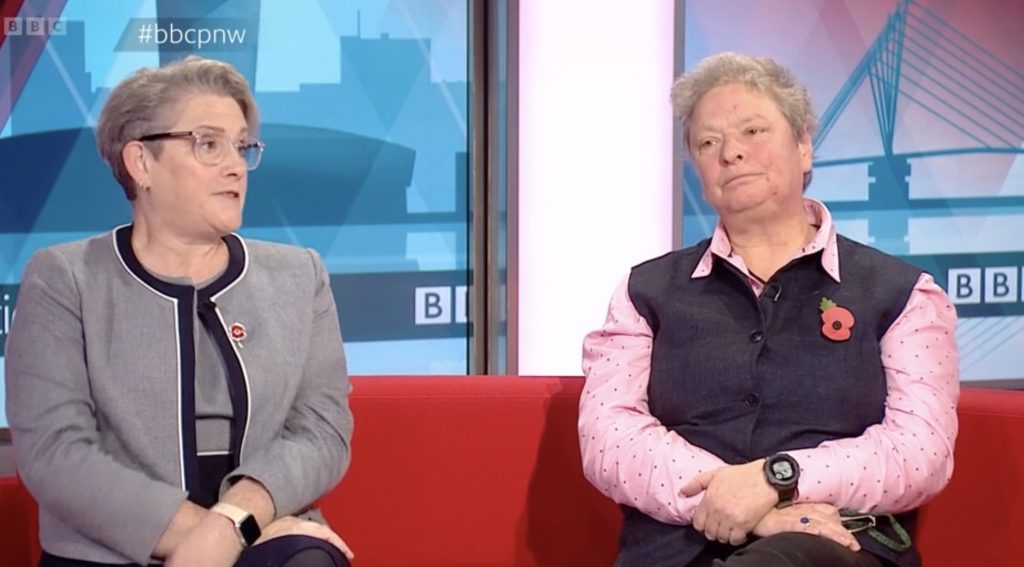
“Let those in the know get on with it.”
So said former mayor of Burnley, and Lancashire County Council cabinet member for Children and Families, on an October edition of BBC Politics North West.
She said: “Lancashire leaders are all speaking together and I think that’s all that needs to be said.
This was in response to Ashley Dalton, Labour MP for West Lancashire. She claimed district leaders had complained to her about being excluded from devolution talks.
She said: “At the moment, the districts are telling me they’re really not getting adequate sight of these proposals that are being made.
“What’s really fundamentally the problem at the moment is an absolute lack of transparency about what’s being proposed.”
The exchange was nail biting. Worthy of the nine years of drama which led up to it.
Indeed, the exchange points to the disagreements between upper and lower tier councils which still dog devolution talks. The letter opposing the plans, signed by two thirds of Lancashire’s lower councils, argued that “the current deal does not articulate any clear benefits for the county and conversely risks creating disunity, sowing division and breaking up the Red Rose County”.
One wonders what more division could be sown. In fact, the Red Rose County has already been divided and broken up — officially.

April, 1974: Local Government Act 1972
Lancashire is younger than many English counties. A youngster established in 1182 — after the Domesday Book.
On April Fool’s Day 1972, the Lancashire of 1182 was greatly reduced in size. The historic palatine which covered Liverpool and Manchester lost those cities and their surrounding regions. It is well within many people’s living memories the day they ceased to be Lancastrians.
George Formby was one of Lancashire’s most famous sons. But despite singing ‘I’m the Emperor of Lancashire,’ his hometown of Wigan is today considered Greater Manchester. George died in 1961, so he wasn’t affected by the boundary changes, but if he had lived on, would he still have been singing ‘The Lancashire Toreador?’
I went to another former Lancastrian town, Oldham, to see how people identified there. Lancastrian spirit was strong. I asked one man, a Geordie who had lived in Oldham for 29 years, whether he considered Oldham to be in Lancashire.
“Lancashire, oh yeah.
“[I’ve lived here] Long enough to say I have an opinion, I’ve had children and grandchildren here.
“I bet 90 percent of people you ask have said they’re Lancastrians. They’re all Lancastrians, you ask ‘em.”
Another, younger male Oldham native, said: “I always put as my address ‘Oldham, Lancashire.’
“You go to Spindles [shopping centre], you see the red rose of Lancashire.
“Should be bloody Lancashire. Absolutely. Always should be Lancashire.”
Whatever their feelings, the reach of the level 2 Lancashire Combined Authority will not stretch to Andy Burnham’s Oldham domain.
Considering how mutedly the deal has been received, perhaps this will not cause too much concern.
